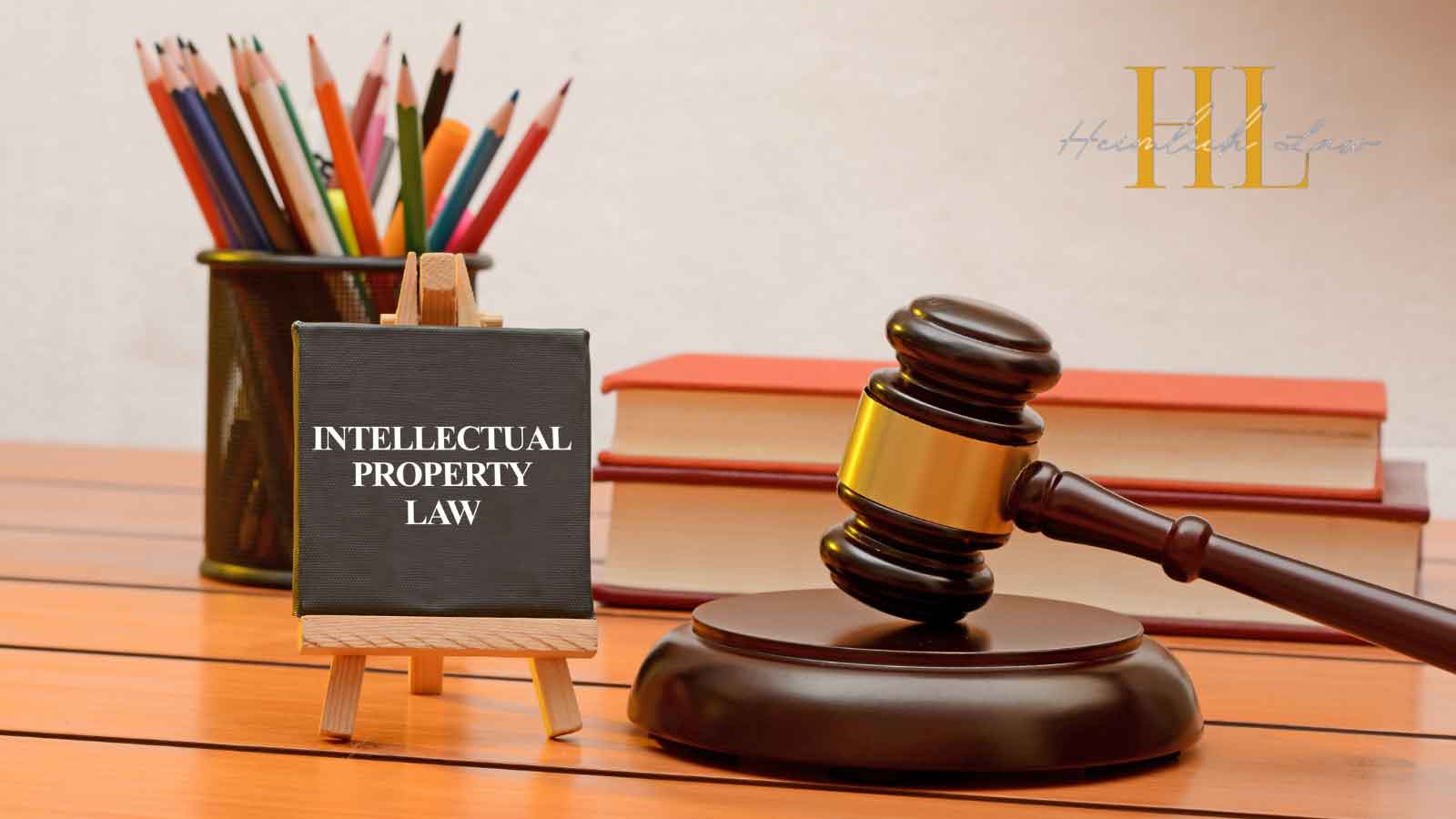Securing a patent is a legal process that requires precision, patience, and a deep understanding of intellectual property laws. Patent prosecution, the process of interacting with a patent office to obtain approval, can be complex and time-consuming.
From the initial application to handling office actions, each step presents its own set of challenges. This guide breaks down the key steps in patent prosecution, common hurdles, and strategies to improve your chances of success.
What is Patent Prosecution?
Patent prosecution is the process of working with a patent office to secure legal protection for an invention. It involves communicating with examiners, addressing questions, and ensuring the application meets all legal requirements. Unlike patent litigation, which deals with disputes over existing patents, prosecution focuses on obtaining approval for a new invention.
A successful patent prosecution strengthens an inventor’s rights, preventing others from using the invention without permission. It plays a crucial role in protecting innovations and maintaining a competitive advantage in any industry.
Steps in Patent Prosecution
The patent prosecution process involves multiple stages, each requiring careful attention to detail. From researching existing patents to responding to office actions, every step plays a critical role in determining whether your invention will receive legal protection. Here’s an overview of the major phases involved in securing a patent.
- Conducting a Patent Search
Before filing, a thorough patent search is often recommended. This step ensures your invention is unique and reduces the chances of rejection due to existing prior art. A patent attorney or specialized databases can help identify similar patents, allowing you to refine your application and strengthen your claims. - Preparing and Filing the Patent Application
A strong application includes detailed descriptions, claims, and drawings that clearly define the invention. Drafting a patent requires precise wording to avoid loopholes or ambiguities that could weaken protection. Depending on your needs, you may file a provisional or non-provisional patent application, with the latter being the formal step toward obtaining full patent rights. - Examination by the Patent Office
Once submitted, the patent office assigns an examiner to review your application. They assess whether your invention meets patentability criteria, including novelty, usefulness, and non-obviousness. This step can take months or even years, depending on the complexity of the invention and the backlog of applications. - Responding to Office Actions
Patent examiners may issue office actions outlining objections or rejections based on prior art or unclear claims or specification. Applicants must respond with arguments or amendments to clarify and strengthen their case. Multiple rounds of office actions are common, requiring persistence and strategic negotiation. - Granting or Final Rejection
If the examiner is satisfied with the responses, the patent is granted. If not, applicants may receive a final rejection, leading to options like filing an appeal or requesting continued examination. Understanding the best course of action at this stage is crucial to securing patent protection.
Challenges in Patent Prosecution
Patent prosecution is rarely a straightforward process. Many applicants encounter roadblocks that can delay or even prevent patent approval. From legal complexities to financial concerns, these challenges require strategic planning to overcome. Below are some common hurdles and ways to address them.
- Navigating Complex Legal Requirements: Patent laws vary by country and change over time, making it difficult for inventors to stay informed. Working with a patent attorney ensures compliance and increases the likelihood of a successful application.
- High Costs and Time-Intensive Process: Patent prosecution can be expensive, with fees for filing, legal assistance, and ongoing maintenance. Budgeting for these costs early and exploring funding options, such as grants or investor support, can ease financial strain.
- Overcoming Prior Art Rejections: Many applications face rejections due to similar existing inventions. Conducting a thorough patent search before filing and crafting well-defined claims can reduce the risk of rejection. If denied, carefully revising claims to highlight unique aspects of the invention can improve the chances of approval.
- Maintaining Strong Patent Protection: Even after a patent is granted, maintaining it requires regular fee payments and defending against infringement. Monitoring competitors and enforcing patent rights through legal action when necessary helps protect the value of your invention.
The Role of Patent Attorneys in the Prosecution Process.
Patent prosecution requires technical knowledge and legal expertise. While inventors may attempt to file patents independently, the process is filled with complex requirements that can lead to costly mistakes. Patent attorneys play a crucial role in ensuring that applications are strong, compliant, and have the best chance of approval. Here’s how they assist throughout the process:
- Conducting Prior Art Searches
Before filing, a patent attorney can perform a search to identify existing patents that may affect your application. This helps refine your claims and strengthens your position by ensuring your invention is truly novel. - Drafting Clear and Strong Patent Claims
The wording of a patent claim determines the scope of patent protection. Attorneys use precise language to avoid vague or overly broad claims that could lead to rejection or legal disputes in the future. - Ensuring Compliance with Legal Requirements
Patent laws differ by country and evolve over time. Intellectual property lawyers ensure that your application adheres to current regulations, preventing delays or denials due to technical errors. - Responding to Office Actions
If an examiner issues a rejection or objection, a patent attorney prepares detailed responses, arguing why the invention meets patentability criteria or making necessary amendments to improve approval chances. - Handling Appeals and Re-examinations
If a patent is rejected after multiple attempts, attorneys can file appeals or request continued examination. Their expertise in legal negotiations can make a significant difference in securing a positive outcome. - Managing International Patent Filings
Businesses seeking protection in multiple countries must navigate different legal systems. A patent attorney coordinates international filings, ensuring compliance with treaties such as the Patent Cooperation Treaty (PCT). - Defending and Enforcing Patent Rights
Once a patent is granted, attorneys can help enforce it by monitoring for infringements and taking legal action when necessary. They assist in licensing agreements, negotiations, and litigation if competitors violate patent rights.
How Long Does Patent Prosecution Take?
Patent prosecution is not a quick process. The time it takes to secure a patent depends on various factors, including the type of invention, backlog at the patent office, and whether the application faces objections.
On average, it can take anywhere from 18 months to several years to obtain a granted patent. Some industries, such as pharmaceuticals and technology, may experience longer wait times due to complex reviews. While the timeline can be unpredictable, applicants can speed up the process by ensuring their application is complete, responding promptly to office actions, and considering expedited examination options if available.
Patent prosecution is a challenging yet rewarding process that grants inventors the legal protection needed to protect their ideas in the market. While it involves legal complexities, strategic planning and professional guidance can help overcome obstacles. Whether you’re an independent inventor or a business developing new technology, understanding the key steps and challenges of patent prosecution is crucial for securing strong intellectual property rights.
Strengthen Your Patent with Heimlich Law PC
A well-protected invention gives you the competitive edge you need to succeed. At Heimlich Law PC, we don’t just help you file a patent—we help you build a strong foundation for your intellectual property. Our team ensures your application is thorough, your rights are protected, and your innovations are secured for the future.
Don’t leave your patent to chance. Work with a firm that understands the challenges and knows how to overcome them. Contact Heimlich Law PC today and take the next step in protecting what’s yours.









